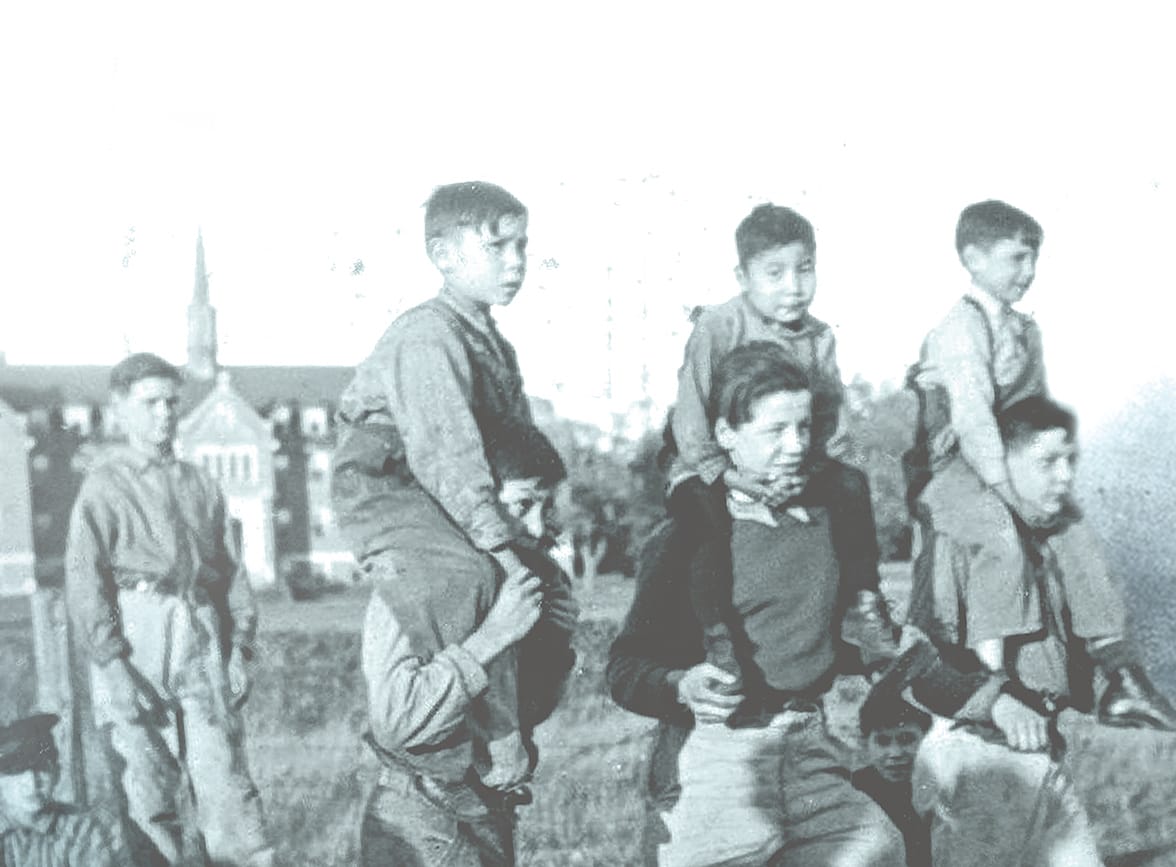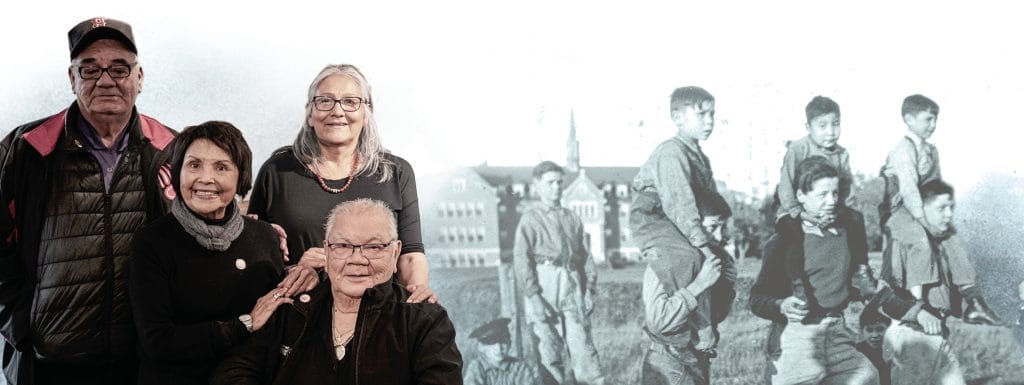Na-mi-quai-ni-mak (I remember them)

The Na-mi-quai-ni-mak (I remember them) Community Support Fund is now available to support small community-based projects that further healing and remembrance related to residential schools in Canada.
On September 1, 2020, the Government of Canada announced the designation of the Residential School System as a national historic event. Efforts towards the designation of the Residential School System began in late 2018. The National Centre for Truth and Reconciliation nominated the Residential School System for consideration by the Historic Sites and Monuments Board of Canada, and its designation reflects the input of Survivors from across the country.
This support fund is an important step in building upon previous efforts to recognize the residential school system as it invites communities to determine what is most appropriate for them. While memorials and commemorative markers hold educational value by remembering specific atrocities and lives lost, they can also promote healing when Indigenous people take the lead in sharing what narrative is told and embed their own cultural protocols.
“Canada has deemed Canada’s residential school system to be a matter of national historic significance. Such designations are how Canada officially recognizes events – both the good and the painful – that define our history and the country we live in. It’s only right that residential schools be included among them,” said Eugene Arcand, residential school Survivor and member of the NCTR Survivors Circle.
Survivors and Indigenous communities will have the choice on how they remember and commemorate residential schools or sites that still sit in their communities. It is expected that some communities may choose not to apply to the fund as they may not want to have a reminder of this painful history.
For those who wish to apply, the funds can be used to install commemorative markers and/or hold small gatherings to honour Survivors. Communities may apply for funds to install plaques, healing gardens, carvings, reflection ponds, or Indigenous markers. Alternatively, the fund can also support community-led gatherings and ceremonial activities. As covid-19 pandemic restrictions vary from region to region, communities may instead choose to hold small in-person gatherings or plan events via virtual format or radio.
“This initiative is vital, because much of the Canadian public awareness is essential to the reconciliation process, if it’s truly to be achieved,” said Arcand. “Right now, the vast majority of people drive by former residential school sites without even realizing they are there. We look forward to other sites being recognized appropriately based on consultation with the present rights-holders, Survivors and families.”
Indigenous communities, Survivor organizations and registered non-profits can apply for the funding at any time throughout the year. There is a limited amount of funding available. Applications will be reviewed by a regional advisory committee comprised primarily of Survivors, who will make recommendations on the distribution of the funds.
For more information on the Na-mi-quai-ni-mak Community Support Fund, please visit our website or contact the NCTR directly by emailing Jennifer.Wood@umanitoba.ca

